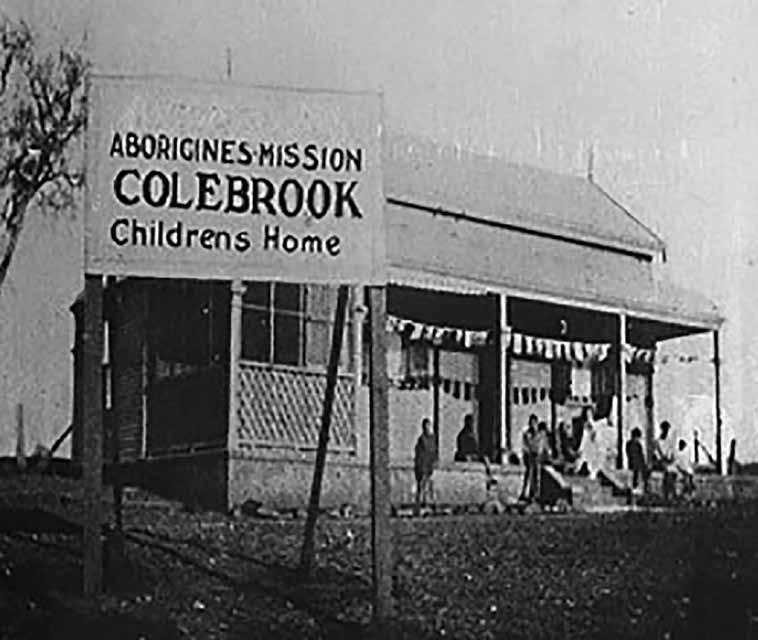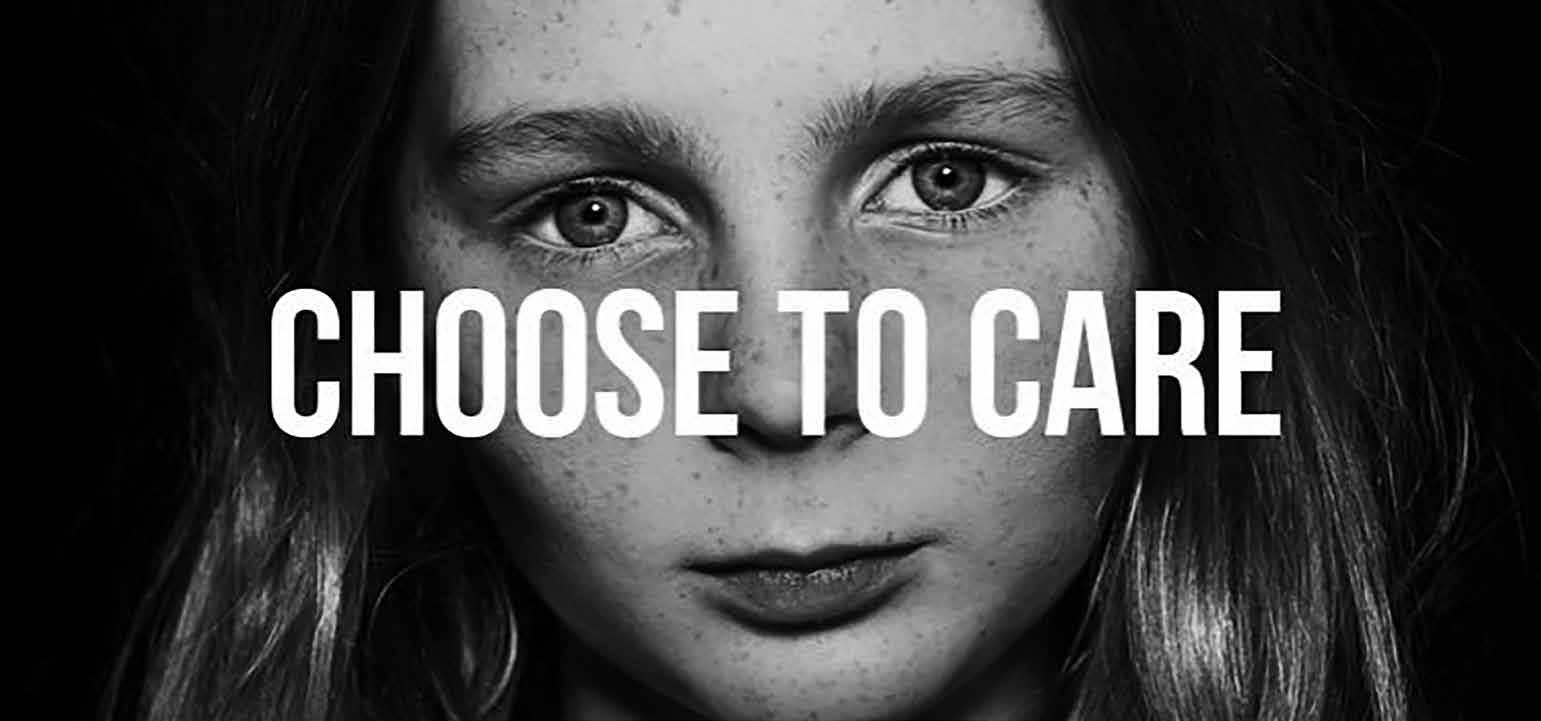
4 minute read
Stolen Generations Reparations Scheme
Stolen Generations Reparations Scheme – Communit y Fund consultation now open
A $5 million Community Fund is available to support projects that promote healing among members of the Stolen Generations, their families and descendants.
Advertisement
A consultation process is now underway to seek ideas about the types of projects that could be supported by this fund.
Possible projects may include recording personal histories, family history research, exhibitions, artistic works, cultural activities, healing programs, memorials and educational awards.
The Stolen Generations Reparations Scheme would love to hear your ideas.
Please complete a short survey surveys.statedevelopment. sa.gov.au/StolenGenerations Community2016.survey and let us know what projects your community is interested in.
Consultation and information sessions will be held, with details available at statedevelopment.sa.gov.au/ stolengenerationsscheme
Once the consultation is finished, people and organisations will be encouraged to submit their project proposals for funding.
To find out more about the Community Fund:
Call (08) 8463 6519 or 0466 501 132
Email sgreparation@sa.gov.au
statedevelopment.sa.gov.au/ stolengenerationsscheme

South Australians urged to consider foster care in statewide campaign
A campaign titled ‘Choose to Care’ has been launched to encourage more people to open their homes to vulnerable children.
The campaign was officially launched last month at the annual foster and kinship care dinner.
It features TV, newspaper, electronic billboard, social media and cinema. At the end of July 2016 there were 3,249 children under guardianship order, up from 1,497 in 2006. Of the 3,249 children currently under guardianship order, 212 children are living in commercial care settings, with a further 276 in state-run residential care.
The campaign comes ahead of a review of foster and kinship care aimed at making the system more efficient. The review will look specifically at how to streamline care recruitment processes.
The campaign will be supported by a series of videos telling the stories of South Australian foster carers and the different types of care they provide.
The videos can be viewed at efostercare.sa.gov.au Aboriginal Family Support Services Inc. in South Australia runs information sessions throughout the year and encourages Aboriginal people to consider caring for vulnerable Aboriginal children.
They believe “together with Aboriginal communities we can strengthen families to ensure safe and culturally strong futures for our children and young people”.
Royal Commission into Child Detention in the Nor thern Territor y under way
The Royal Commission into Child Detention in the Northern Territory has started work, with Commissioner Gooda saying that the Commission must focus on real change and make sure it is open to all people who want to tell their stories.
The Royal Commission was created after an ABC Four Corners program showed shocking video evidence of the mistreatment of several Aboriginal children in the Don Dale detention centre.
The Commission was set up to inquire into the failings in the youth detention and child protection systems of the NT and to make recommendations about preventing the inappropriate treatment of young people detained in the NT.
At the formal opening of the Royal Commission, Co-Commissioner Mick Gooda acknowledged that this important issue had been the subject of many inquiries previously.
“We have already seen many Royal Commissions and Inquiries take place, looking at a range of issues including institutional and out of home care, the various child protection systems in the States and Territories, the stolen generations, Aboriginal deaths in custody, and child sexual abuse in Indigenous communities, as well as many other issues,” he told the Inquiry’s first public event.
Commissioner Gooda said that he wants this Royal Commission to make recommendations that lead to real change.
“This Royal Commission must develop meaningful recommendations which, when implemented through legislation and changes in institutional culture and management, will ensure a better future for all in the Northern Territory,” he said.
In his opening remarks, Commissioner Gooda acknowledged the pain that these many inquiries represented and the difficulty in facing the topics yet again in public forums.
“These Royal Commissions and Inquiries acknowledge that many wrongs have been committed in the past which have caused great trauma and lasting damage to many people. Despite being a painful process, for a community to move forward, it must come to understand where these wrongs have occurred and ensure those these wrongs are not repeated,” he said.
Acknowledging the disproportionate impact of these issues on many Indigenous families, Commissioner Gooda said he was committed to making sure the Commission was open to anyone who wanted to submit their stories.
“Critical to the outcomes of this Royal Commission will be the engagement of all parts of the Northern Territory community, the Aboriginal and non Aboriginal communities.”
“Our aim is to act with a high degree of cultural competence as we balance the need to ensure a culturally safe space with the rigour necessary for this Royal Commission to address what our terms of reference demand of us.”
He said that the Commission had engaged two senior Aboriginal people, one based in Alice Springs and the other in Darwin, who would be tasked with ensuring the community is aware the work of the Royal Commission and, “importantly, that those people, particularly young persons, feel safe and secure if and when they tell us their stories”.
The Commission will conduct public hearings across the Northern Territory and receive submissions from the community over the later part of 2016.
The Commission will hand its report to the Governor General by 30 March 2017.
There is more information at the Royal Commission website:
childdetentionnt.royalcommission. gov.au
Submissions should be sent to the Commission by 28 October 2016:
a) in writing to PO Box 4215,
Kingston ACT 2604
b) via email ChildDetentionNT@ royalcommission.gov.au
Alternatively information can be given by calling the Commission on 1800 604 604.




